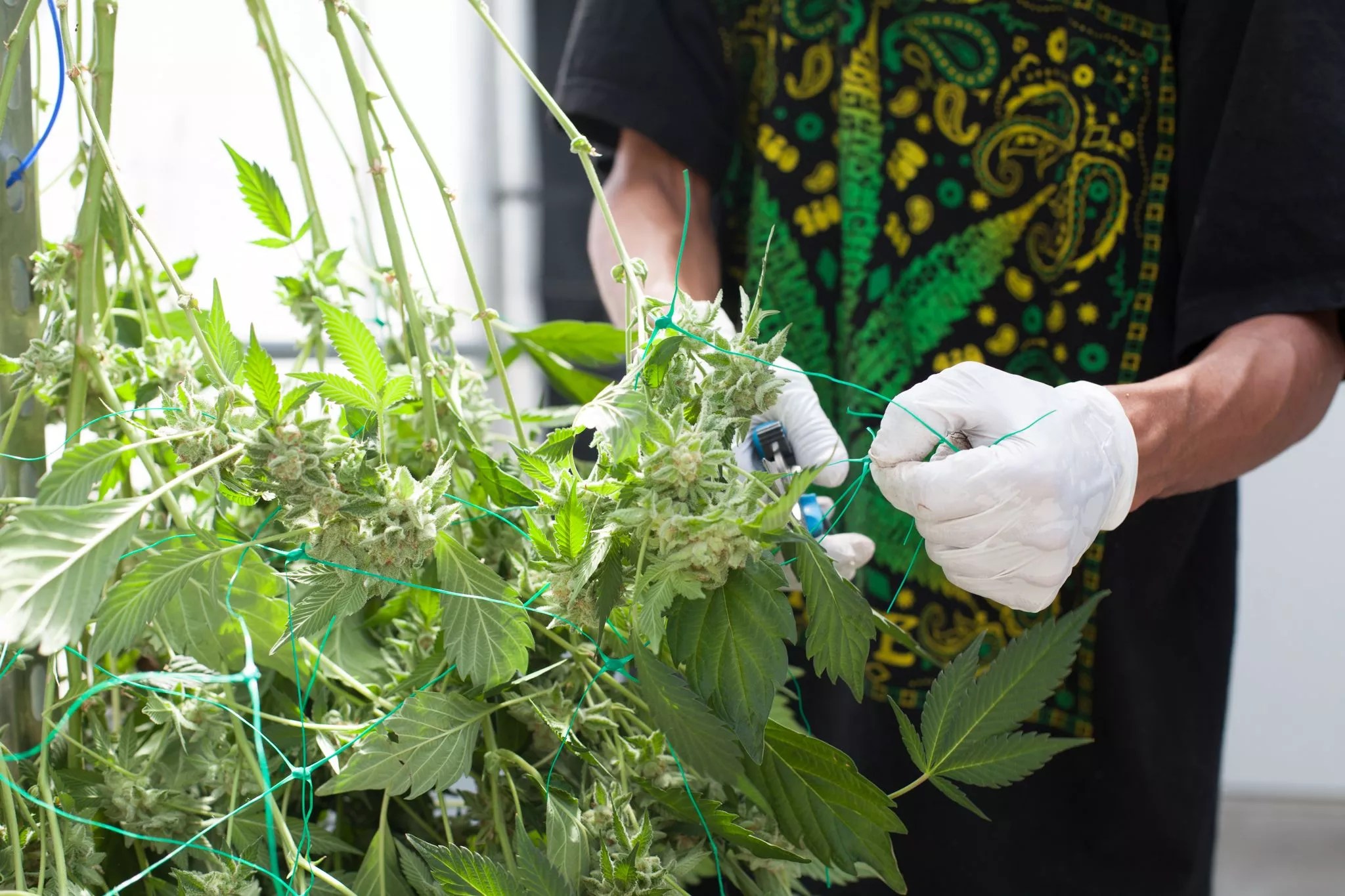
Jacqueline Collins

Audio By Carbonatix
Colorado has launched a new division within the state Office of Economic Development and International Trade to support marijuana entrepreneurs.
The Cannabis Business Office, whose creation was part of a Senate bill passed earlier this year, will implement a series of grants, low-interest loans and technical-assistance programs for marijuana business owners who qualify under the state’s new social equity provision.
The provision prioritizes communities impacted by the drug war. To be eligible, applicants must prove one of the following: They or their families were negatively impacted by the War on Drugs, they earn less than 50 percent of the state median income, or they come from a community designated as a low-economic opportunity zone by OEDIT. These zones also include communities that have been historically marginalized and negatively impacted by the War on Drugs.
The funding for the program, derived from the state Marijuana Tax Cash Fund, is set at $4 million until lawmakers review the budget during the 2022-’23 fiscal year.
Specific amounts allocated for loans, grants and technical assistance will be determined by OEDIT through a rulemaking process. Recent proposals from the governor’s office and the department suggested that around $3 million should be set aside for low-interest loans ranging from $50,000 to $100,000, with a little under $1 million allotted for grants for social equity businesses and support organizations.
“This office will offer tools like technical help and improve access to money for businesses. Where the federal government has fallen behind, Colorado will lead. Colorado is, and always has been, the best place to live, work, grow and sell cannabis,” Polis says in a statement announcing the new office.
It will be directed by Tristan Watkins, a former marijuana industry scientist with a doctorate in neuroscience; he’d like the office to provide business consulting, webinars and workshops for potrepreneurs as well. “As the office expands, we are confident it will further solidify Colorado as the leader in the nation’s cannabis industry,” he says.
Several years ago, Colorado became the focus of growing public criticism for not having social equity programs in place for communities impacted by the drug war when the state became the first in the nation to allow recreational marijuana sales. The Colorado Legislature passed laws in 2020 and 2021 to create the state’s current social equity programs, while local governments such as Aurora and Denver have implemented their own initiatives to increase diversity in the pot industry.
In fact, in his State of the City address on July 26, Mayor Michael Hancock announced that he was allotting a portion of local marijuana sales tax revenue to a loan reserve designed to support Denver marijuana business owners who qualify under the state’s social equity definition; the goal is to create a $50 million revolving fund through city investments.